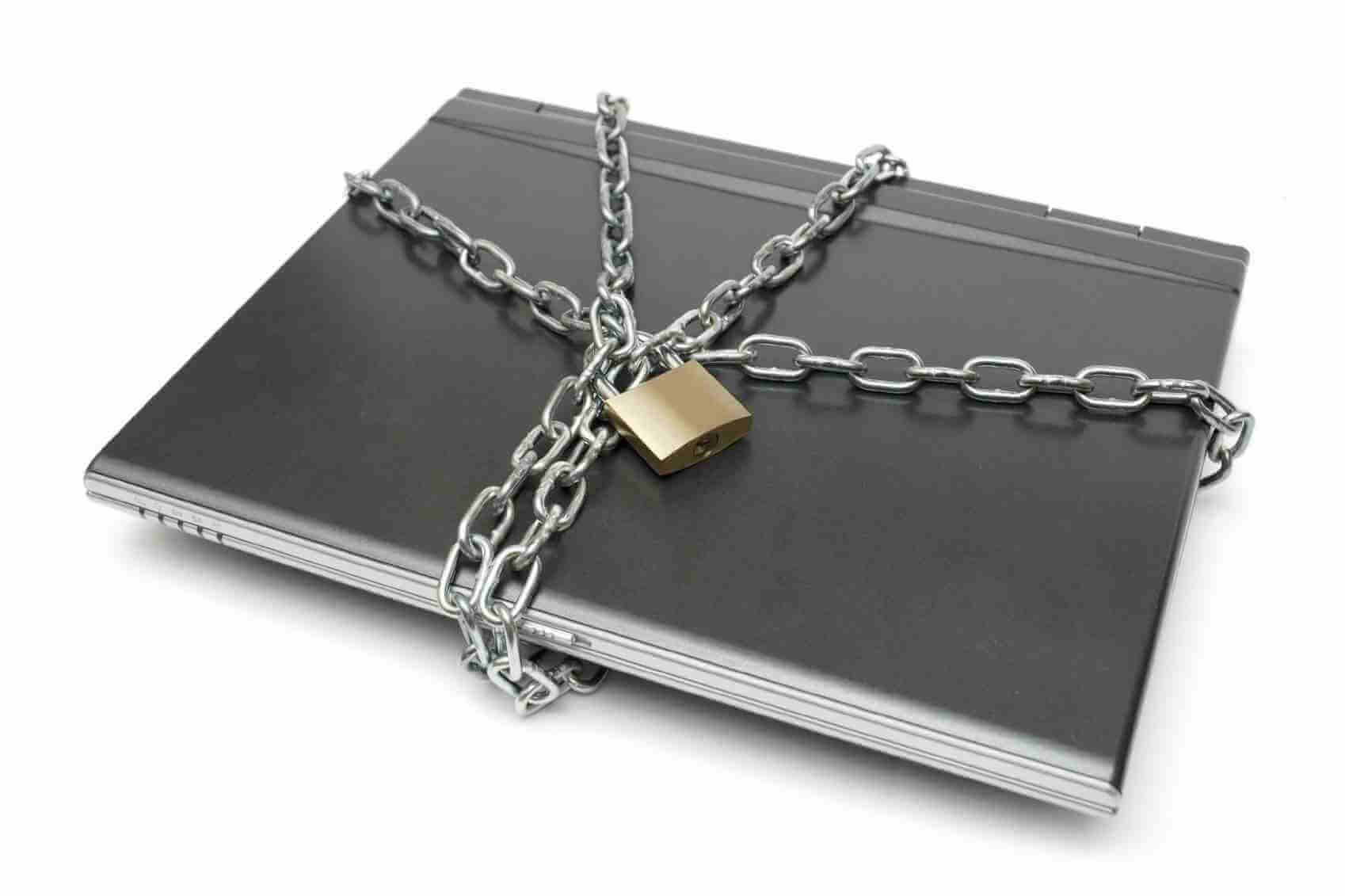Top 9 Laptop Computer Safety Tips
1. Shut It Down
Unlike a desktop computer a laptop computer needs to be shut down when not in use. Shutting down when not in use prevents the laptop from overheating and it also needs the rest.
2. Adjusting Power Settings
Adjusting your power options will help your laptop from heating up when not in use even if for short periods of time. You can set your hard drive and display to turn off after a set time period. Another option is to set the laptop to go into standby or hibernate mode.
3. Before You Pack It Up
Make sure that you before you put your laptop into its carrying bag that it is shut down. A notebook that has been left on can melt. When enclosed in a notebook bag there is no air circulation and the results can be worse than melting. Don’t find out the hard way and just be sure to turn off your laptop.
4. Vent Maintenance
Part of your weekly routine should be to inspect and clean the air vents in your laptop. Forced air dusters can be used to keep the air vents clean and free from debris. It’s important to know that you should never push anything into the air vents.
5. Checking the Fan
Overheating problems can be caused by the laptop fan not working properly. Always check the laptop manufacturer’s online support and your warranty information. It may be possible to download software to test your laptop fan.
6. BIOS Updates
Some laptops control the fans through the BIOS. Check online with the laptop manufacturer for BIOS updates. If you aren’t comfortable updating the BIOS yourself, have someone in your IT dept. or have an outside Computer Technician do it for you.
7. Avoid Lap Burn
Using a laptop desk or cooler will prevent you from being burned when using your laptop. A good laptop desk will have large enough vents for allowing air circulation between you and the laptop. Some laptop desks have additional fans which use power from the laptop itself to stay cool.
8. Soft Spots
It’s a wise idea not to use any soft material as a buffer between you and your laptop. Always operate your laptop on a hard surface, preferably one that allows ventilation. Soft materials can block the airflow vents and cause it to overheat. If it is not possible to avoid using a soft surface, an optional heat sink base should be used to maintain cooling.
9. Unplug Accessories
Whenever your laptop will not be in use, even for short periods of time remember to unplug any accessories. Not only do they use power but they could cause the laptop to overheat. It’s especially important to unplug any accessories before packing your laptop in its carrying case. While you may believe it will make it quicker to use, it could damage your laptop, the accessory and/or your laptop bag.

